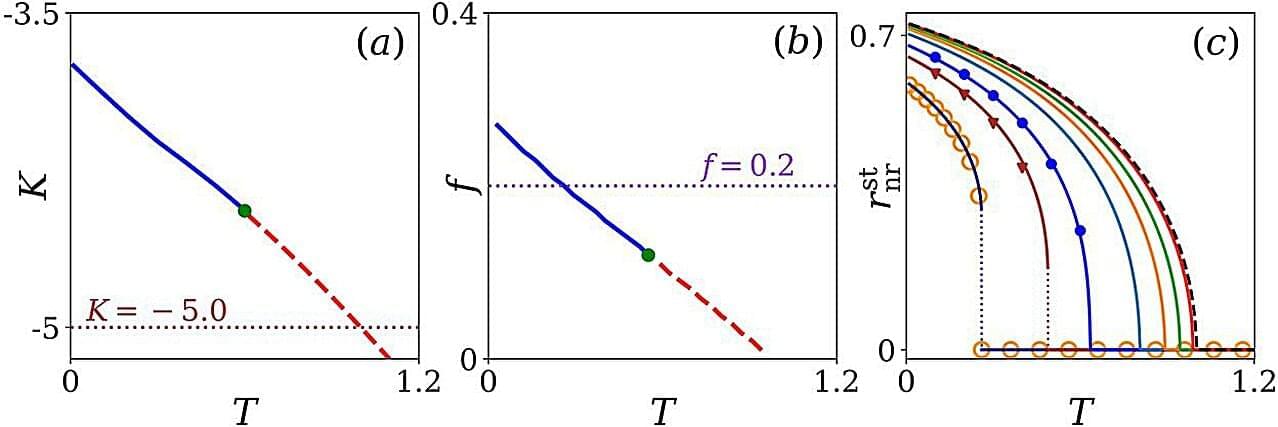A team of physicists from the University of Amsterdam’s Institute of Physics has 3D-printed a Christmas tree made entirely of ice. Researchers Menno Demmenie, Stefan Kooij and Daniel Bonn used no freezing technology or refrigeration equipment—just water and a vacuum. In time-lapse videos, you can see how the Christmas tree is printed and how it melts again when the vacuum pump is turned off. The work is published on the arXiv preprint server.
The secret of the tree lies in so-called evaporative cooling. This is the same principle mammals use to regulate their body temperature.
In a low-pressure vacuum chamber, water evaporates rapidly at room temperature. As each water molecule evaporates, it takes with it a small amount of heat, causing the remaining water to become increasingly colder, eventually cooling to below 0°C. At that point, the water is still liquid, but supercooled. As soon as the ultra-thin stream (about as thin as a human hair: 16 micrometers) hits the already formed layer of ice, it freezes instantly.







